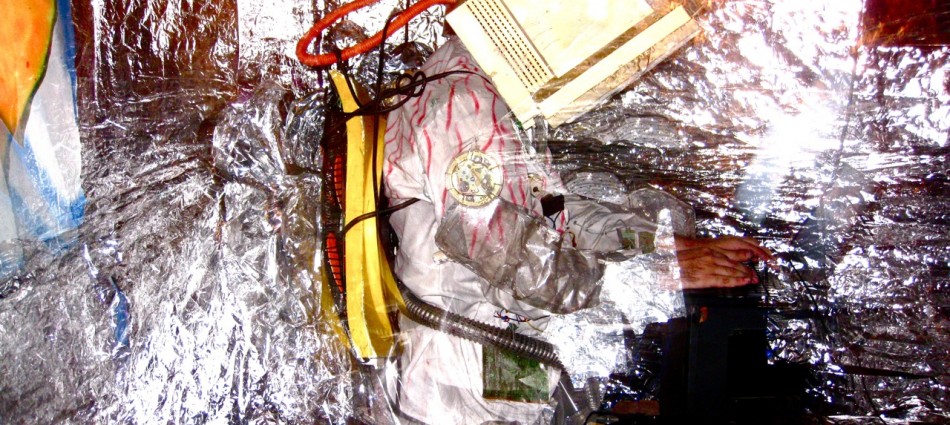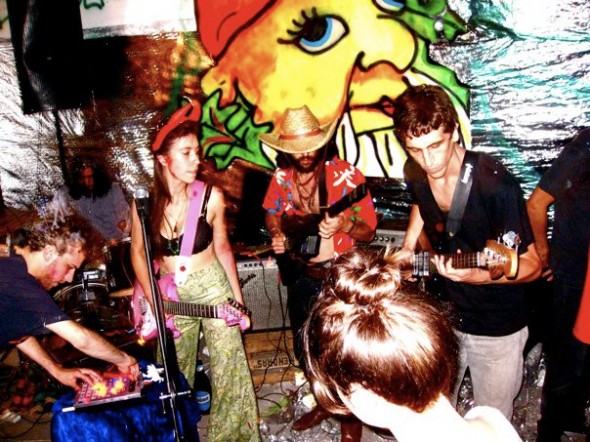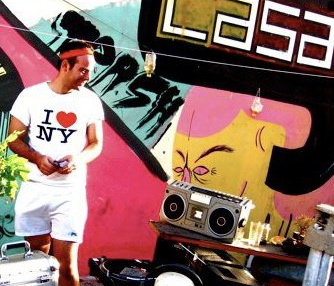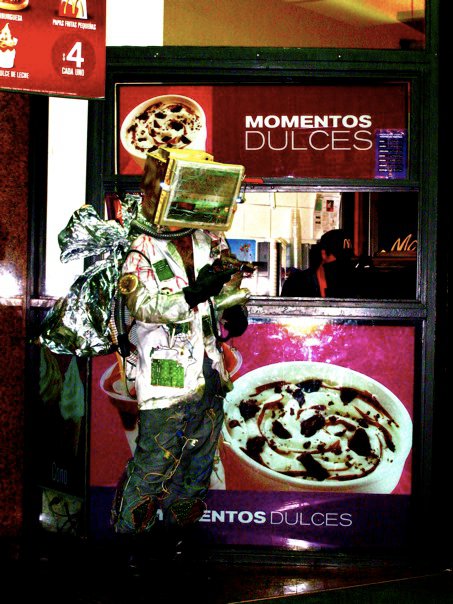Bridget Gleeson writer + illustrator

Buenos Aires: the underground
Kanadische Apotheke. FDA-zugelassene Medikamente. Freundlicher Support Und Beste Angebote. Kein Rezept Erforderlich. Selbstverständlich Ist Es Ihnen Unter [URRLL] Von Zu Hause Aus Vertrauenswürdig In Der Apotheke Vor Ort Zu Bestellen. Sie Müssen Nicht Zum Arzt Gehen Und Sich Ein Rezept Ausstellen Lassen. Ich Habe Es Dort Ohne Rezept Gekauft.
Cada pessoa precisa de solicitar medicamentos gratuitos que relaxam a musculatura lisa da bexiga dentro da farmácia de sua casa abaixo de naturalmente … E receba frete grátis. Melhor qualidade, eu acho. Pode haver muitas causas que dão lugar ao aparecimento de disfunção erétil https://edpilulas.com Eles podem ser problemas com base no corpo, eventos traumáticos ou a mente.
“I like to be with other people who don’t need to fit the mold or belong to some kind of tribe. Then we can feel free to celebrate art and music however we want.”


For Afar magazine, I’m working on a piece about el under of Buenos Aires – underground culture, music and street art – as seen through the eyes of Javier Gover, creator of Wicked Mag. Javier talks about the development (or transgression?) of the neighborhood of Palermo, starting in the 80s. Back in those days, the neighborhood was an edgier place, the apartment buildings filled with squatters, wild dogs roaming the streets (oops – actually, the wild dogs are still there) and Javier’s parents forbade him from setting foot in the barrio. Of course, he went anyway, and he had his sneakers stolen right off his feet. He watched the neighborhood become the city’s beating heart of alternative art and culture as film studios set up shop in the abandoned buildings, street artists worked on the crumbling walls, and now-famous parties like La Nave Jungla brought in crowds of young hipsters. Later, as the neighborhood was infiltrated with cookie-cutter shops and restaurants that, as he says, ‘all have the same wallpaper,’ he founded Wicked magazine as a platform for emerging artists who are largely unacknowledged by the public.
In the article, he takes us to the places in Palermo where the barrio’s original personality is still alive and kicking – a bike ride down Gurruchaga, brunch at Oui Oui, digging for treasures at the antiques market on Dorrego, window-shopping at Juana de Arco, graffiti art exhibits at Hollywood in Cambodia. He talks about the DJs and writers and visual artists who work for free; the crazy all-night parties where everyone is welcome. He talks about wearing a hollowed-out computer monitor on his head ‘just because I felt like it.’

Momentos dulces, indeed. Anyway, I’m proud of this upcoming piece because most travel magazines cover Palermo in a superficial way; journalists who cover it often seem swept away by the designer shops and boutique hotels. Javier says, ‘most of that stuff is just a third-rate knockoff. I’m only interested in what is authentic.’ Bravo!
On a personal note, in the two years that I’ve known him, Javier has introduced me to this side of Buenos Aires, el under, that I wouldn’t otherwise know very much about. Yesterday, on Sunday, I saw him do the following things: sit in an outdoor cafe, reading the paper and complaining that there’s an editorial conspiracy preventing the publication of his ‘letter to the editor’ regarding the usage of the city’s new bike paths. Then he was chatting with some of the Madres de Plaza de Mayo in Plaza Congreso. Then he drove around the streets of San Telmo blasting Kumbia Queers’ album ‘La Gran Estafa del Tropipunk.’ After that, he strapped his baby daughter to his chest and walked through a street market, stopping to look at antique records or to peer into a dumpster where some old computer equipment had been thrown away. Then we got back in the car and drove to a part of the city, Parque Patricios, that most tourists will never make it to (a taxi driver once refused to drop me off there because he said it was too dangerous.) Javier wanted to look for vintage toy cars to add to his collection. Then he wanted to stop in the Arabian food market and watch a German war film. I said ‘I have to go home! I have to work in the morning.’ He said, ‘Oh, ok.’ If he had his way, who knows, we might have ended up at a party where circus performers covered in body paint swing from the ceiling while a body builder-esque musician dances around the stage in tight white pants and a couple of painters work on a gigantic mural in the background. These are the kinds of things that happen around him.
I leave you with a delicious taste of el under, courtesy of Kumbia Queers – the very same song Javier played three times in a row in the car yesterday. This just says it all.